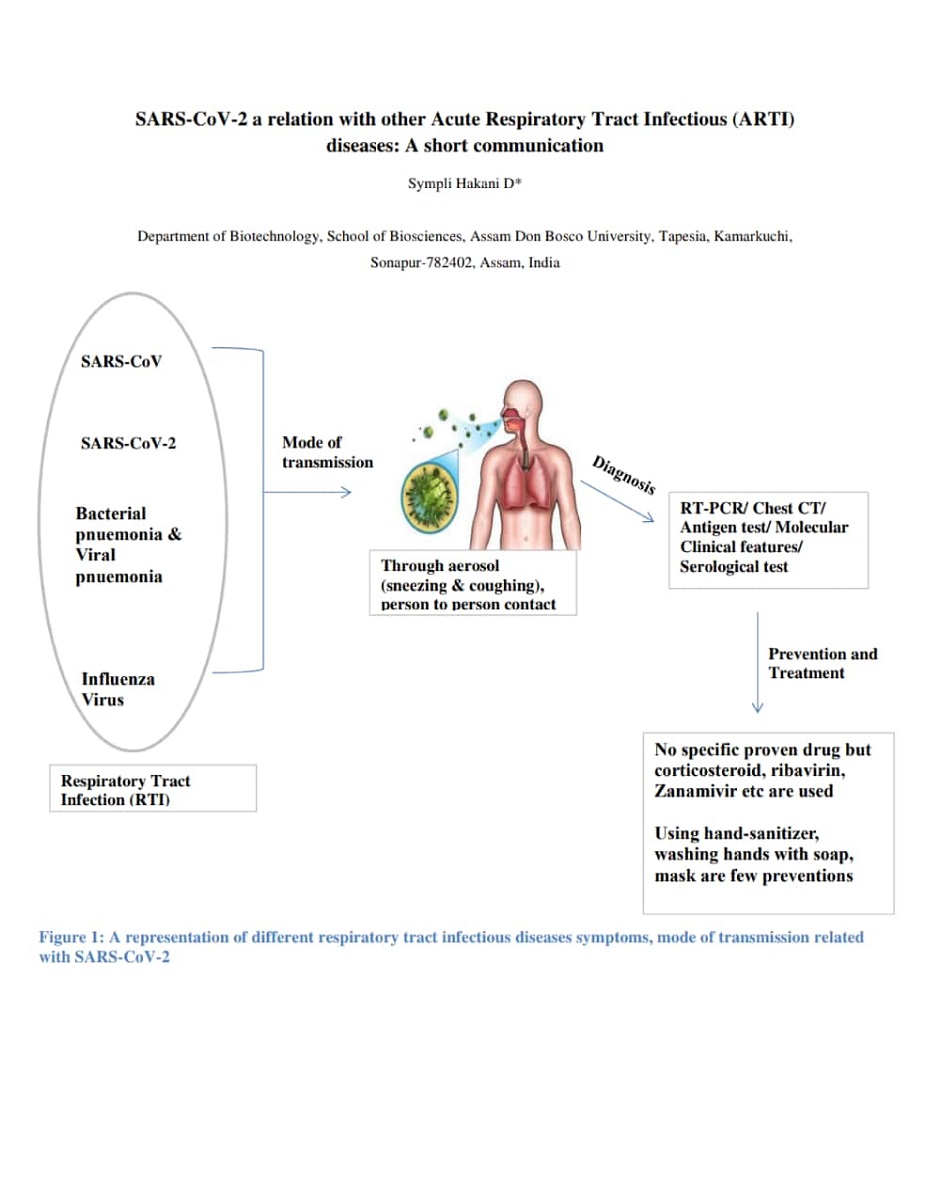The short study implicates few basic similarities of COVID-19 such as diseases origination, symptoms, diagnosis with other relatable viral diseases viz SARS-CoV, common Flu, pneumonia etc. In the present situation, other viral diseases are frequently chaotic and misled with COVID-19 disease because of few clinical features similarities in signs and symptoms and also due to lack of specific diagnostic test. To avoid unnecessary suspects, quarantines of false positive results and to prevent the spread of COVID-19 diseases, the scientific technical research field are highly encourage to implement an efficient, rapid and sophisticated superior test for early stages of infection detection. It will be significantly convenient for physician, laboratory technicians and most importantly the common population facing a psychological disturbance.

